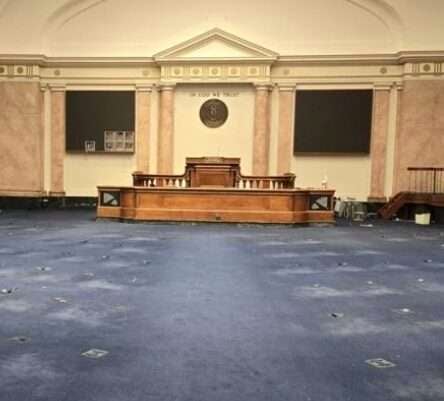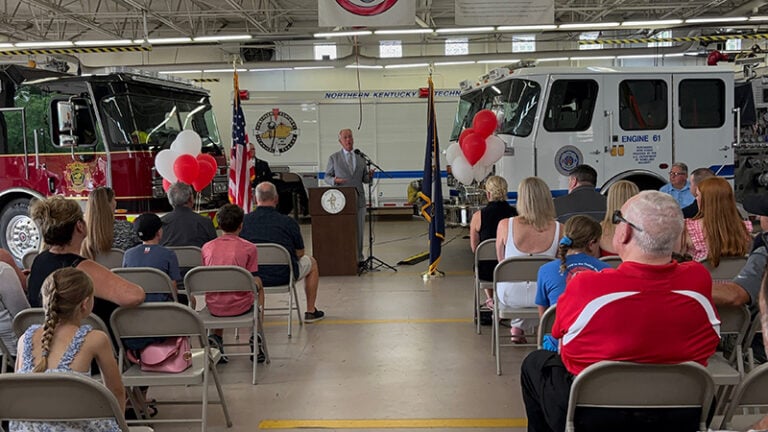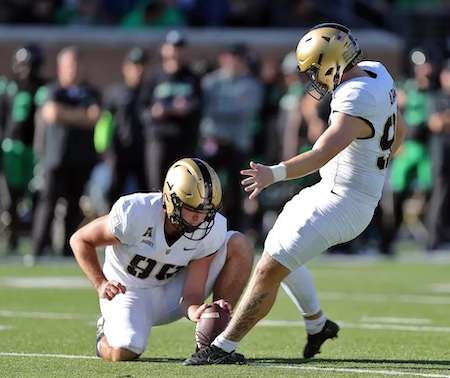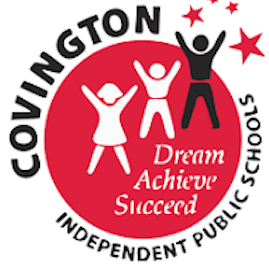It’s music to my ears hearing legislative leaders reiterate with unwavering conviction that bringing school choice to Kentucky remains a top policy priority for the super-majority Republican party during next year’s General Assembly session.
House Majority Whip Jason Nemes, R-Louisville, reiterated that commitment at a recent Americans for Prosperity town hall event in the River City, which sits only 2,100 feet across the Abraham Lincoln Bridge from Indiana, a mecca of educational liberty.
“We’re going to have school choice, and it’s going to be robust,” Nemes said.
It’s a tune that’s been sung several times in recent years by Nemes and others in leadership, including House Speaker David Osborne, R-Prospect. Both co-sponsored legislation during this year’s legislative session placing a constitutional amendment removing barriers to school choice on the ballot.
Adding harmony to that tune are four recent developments contributing to the growing mountain of reliable evidence from credible sources about the value of school choice. These new additions should cause even the most skeptical school choice fence-sitters to take note.

First, results from the 2022 National Assessment of Educational Progress (NAEP), known as the Nation’s Report Card, reveal that nationwide both Black and white fourth- and eighth-grade students in charter schools – public schools free of teachers’ union contracts and regulatory heavy-handedness – do math more proficiently than their counterparts in traditional public schools.
The achievement gaps on the NAEP are especially notable when comparing the performance of Kentucky’s public school students (Kentucky is one of only five states without any charter schools) with their charter school counterparts in other states and even across the nation.
An analysis of the new NAEP reading results in a soon-to-be-released Bluegrass Institute report shows that fourth-grade Black charter-school students in Georgia and Florida outscore fellow Black fourth-graders in their states’ – and Kentucky’s – traditional public schools by huge amounts. Even more remarkable, Black fourth-grade students in Georgia and Florida have eliminated their reading achievement gap with the Bluegrass State’s white students.
Black fourth-grade students in Georgia also eliminated their achievement gap with Kentucky’s white students in NAEP math.
The eighth-grade results show similar gap-closing outcomes.
What other educational endeavor in this country is as effective in closing white-minus-Black student achievement gaps, thus changing the educational trajectory of tens of thousands of students who previously were destined to fall through the cracks of a faltering system?
Second, a new report from the Center for Research on Education Outcomes (CREDO) at Stanford University shows public charter schools nationwide are making significant improvements.
In 2009, the same center produced its first-of-now-three reports on charter schools. It wasn’t favorable to charters and critics waved it in the faces of those of us who support educational liberty, claiming it was the death knell for these public schools of choice.
What will those critics’ response be now that this respected and credible research entity shows unmistakable and dramatic improvement in the performance of charter schools in several states?
CREDO’s reports – among the nation’s most comprehensive on charters – named neighboring Tennessee as one of those states that “built particularly effective charter schools.” Students in Volunteer State charters now receive an education that amounts to 34 more days of reading and 39 additional days in math instruction compared to their traditional public school counterparts every year.
Third, speaking of comprehensiveness, the national EdChoice organization has released its review of a growing mountain of empirical evidence making it increasingly more difficult for opponents to deny the positive impact private school choice programs have nationwide.
The loudest protests against such school choice proposals in Kentucky have centered on the-sky-is-falling claims that allowing some students to have education savings accounts or scholarships will have disastrous effects on public schools and the taxpayers who fund them.
However, of the 187 empirical studies examined by EdChoice, 68 of the 74 that looked at the fiscal-impact category – by far the largest single grouping of the body of research examined – indicated that private school choice programs offered savings for taxpayers. Combining this with 26 of 29 studies indicating school choice positively impacts public school students’ test scores results produces quite a heaping helping of savings and academic improvement that serves our nation quite well.
If, as opponents claim, offering parental choice causes public systems to implode, why does nearly the entire body of research – not one or two studies or a few feel-good anecdotes, but 187 studies, 36 of which involve Kentucky’s neighboring states and covering several decades – fail to show that expanding educational liberty harms state public education system?
An overwhelming number of the reports show just the opposite – school choice programs improving opportunities and outcomes for the next generation of Americans.
The latest polling – the finale in this four-part school choice harmony – indicates the momentum for choice has grown since the pandemic.
A RealClear Opinion Research poll of 1,000 registered voters from June 27-30 indicates more than seven in 10 Americans overall and in every major racial and ethnic group support educational alternatives for parents.
Support has also increased across political lines since April 2020 – among Democrats (from 59% to 66%), Republicans (from 75% to 80%) and Independents (from 60% to 69%).
Expanding educational liberty in Kentucky is supported from all directions, including neighboring states, sound empirical research, new NAEP results and public opinion polling, too.
The only wrong notes I hear are from opponents of choice, who want nothing to change in Kentucky while the state’s students and parents continue to be denied their liberty to choose the best education for them.
It’s the wrong song for our Commonwealth and it’s time to change the tune.
Jim Waters is president and CEO of the Bluegrass Institute for Public Policy Solutions. Read previous columns at www. bipps.org. Reach him at jwaters@freedomkentucky.com.


















The Americans for Prosperity is committed to the free market in every aspect of American life, including education. Privatizing the school system is their goal. A good public school system is still needed in our communities to give every child, regardless of background, the opportunity for a quality education. Privatizing education will only lead to greater inequality in this country, and certainly in Kentucky.